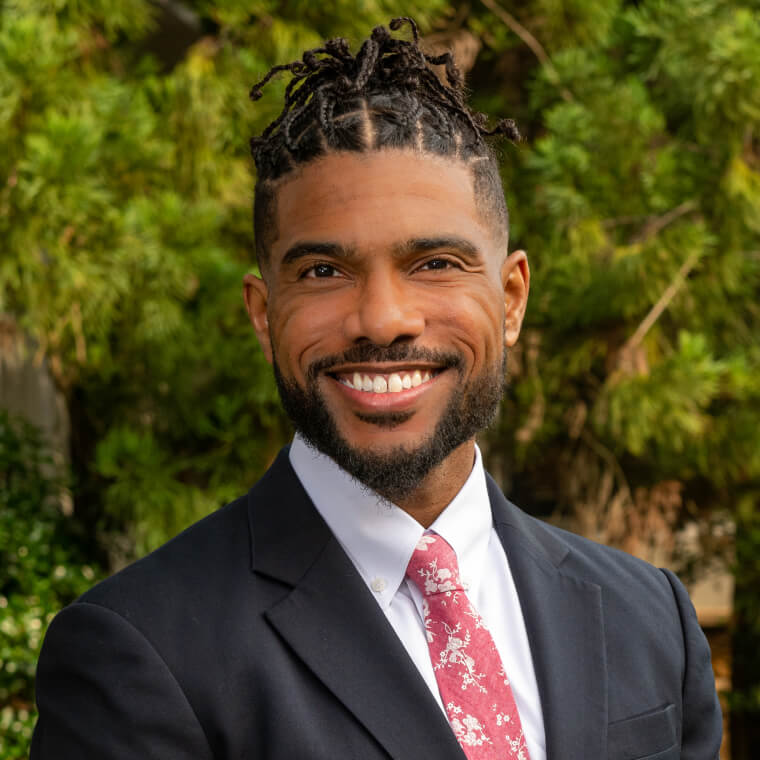Two weeks ago, I wrote about five of the most noticeable behaviors of exceptional consultants. That post got a lot of traction on the blog and on LinkedIn, so as promised, I’m writing a “Part 2”! In this post, I’m giving you actionable steps to practice these behaviors and become an exceptional consultant yourself. These behaviors—building trust, engaging clients substantively, acquiring knowledge, solving problems creatively, and demonstrating high emotional intelligence—are not always innate qualities but rather skills that can (and should) be developed and honed over time. Keep reading because you’re not going to want to miss this!
- Building Trust: Trust is the cornerstone of any successful client relationship. To build trust, be honest, transparent, and reliable. Practice candor. Get in the practice of saying some things from time to time that make clients feel like you’re letting them in on a secret. Keep your promises and deliver on time. Actively listen to your clients, making them feel heard and understood. Take personal accountability for their success, but make sure you position them as the hero responsible for the success.
- Engaging Clients Substantively: Engaging clients in a substantive way requires a deep understanding of their businesses, challenges, and goals. Invest time in research and preparation before client meetings. Ask insightful questions that challenge assumptions and open up new perspectives. Never ask a question that you could’ve Googled before the call. All questions should be moving the conversation FORWARD, not backward. Ask provocative or challenging questions strategically—sometimes your hunch about a problem or potential solution is correct, but it may benefit the client to hear it come out of their own mouth. Learn to disagree productively, offering a different viewpoint without undermining the rapport you’ve worked hard to build.
- Acquiring Knowledge to Impart Knowledge: As an exceptional consultant, continuously expand your knowledge base. Stay updated on industry trends, attend workshops and conferences, and pursue relevant certifications. Read news about EVERYTHING; you never know where a conversation may turn. YouTube videos offer a lot of self-improvement content, just don’t get sucked into the shorts. TikTok is even more dangerous, so proceed with caution (full disclosure: I don’t consume TikTok content at all). Practice curiosity by—no joke—speaking with children. They’re low-key geniuses, and you can learn a lot about asking follow-up questions from kids. When sharing your knowledge, be open to constructive feedback and opposing views, but never call your credibility into question by doubting yourself.
- Solving Problems Creatively: The exceptional consultants I know are super creative problem solvers. Cultivate a mindset that encourages thinking outside the box. In your downtime (instead of watching TikTok), think through some common problems and practice coming up with alternative solutions for them. Your solutions should range from preposterous to practical. Foster creativity by seeking diverse perspectives, collaborating with colleagues, and exploring unconventional solutions. Everyone is smarter than you in some area. Soak up that knowledge—no matter how trivial—and add it to your expertise.
- Demonstrating Emotional Intelligence: Emotional intelligence is essential for managing your own emotions and understanding those of your clients. Develop self-awareness by reflecting on your emotions and their impact on your interactions. Start journaling, even if it’s just three quick bullet points per day (e.g., 1 thing you’re grateful for, 1 great thing that happened during the day, and 1 thing that could’ve made your day even better). Practice empathy by answering honestly when someone asks you how your day is going. Make sure you listen when you ask them how they’re doing. If you want to take your journaling to Level 2, start writing about an emotion that you experienced during the day AND an emotion you observed in someone else. Imagine what you could’ve done to manage your emotions (or theirs) back to neutral.
If you made it this far, consider these two questions:
- Which tip are you most (or least) excited to try?
- Which behavior do you have the most room for growth in?
#consulting #exceptionalconsultant #professionaldevelopment #businessgrowth #emotionalintelligence



